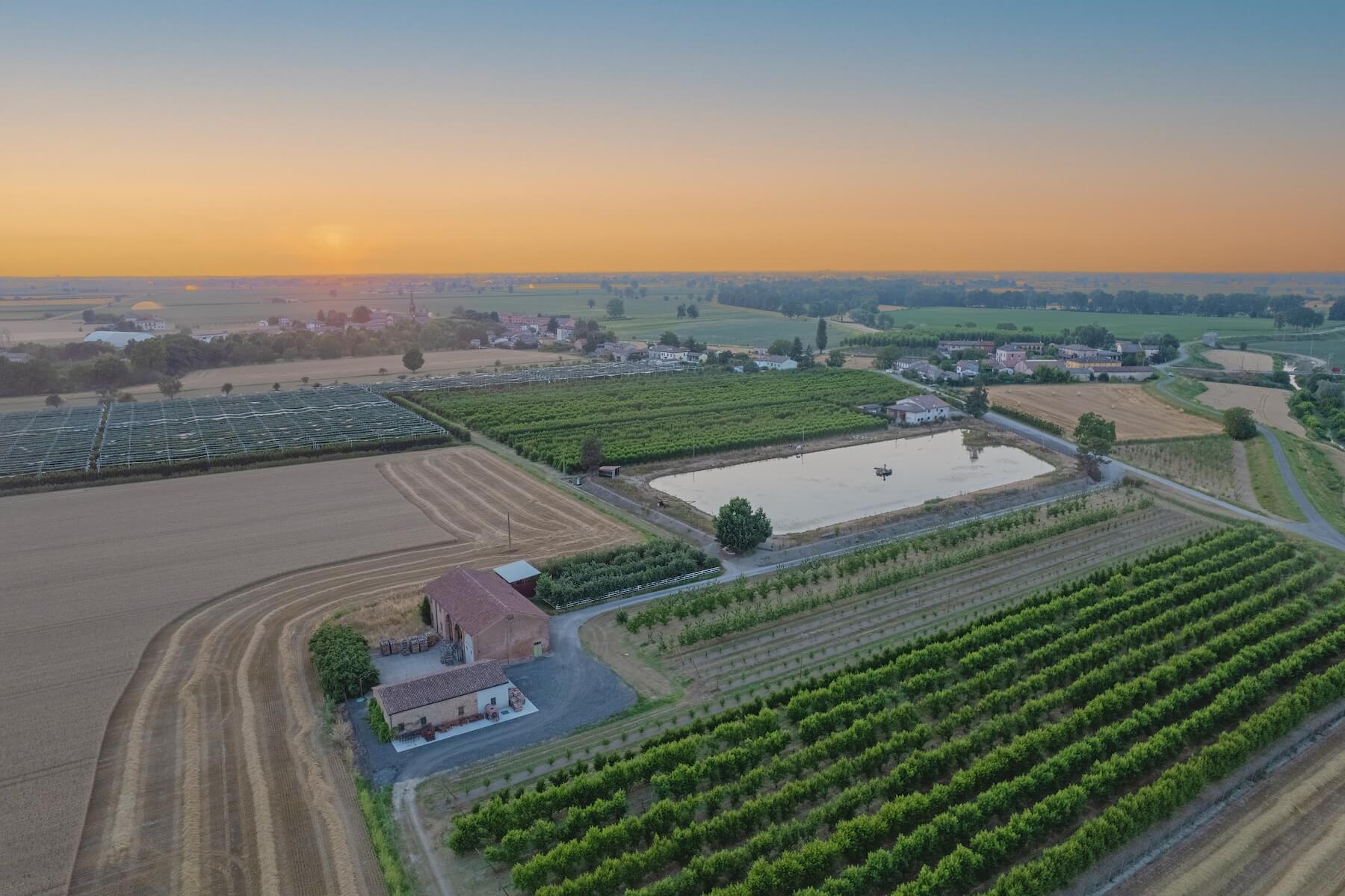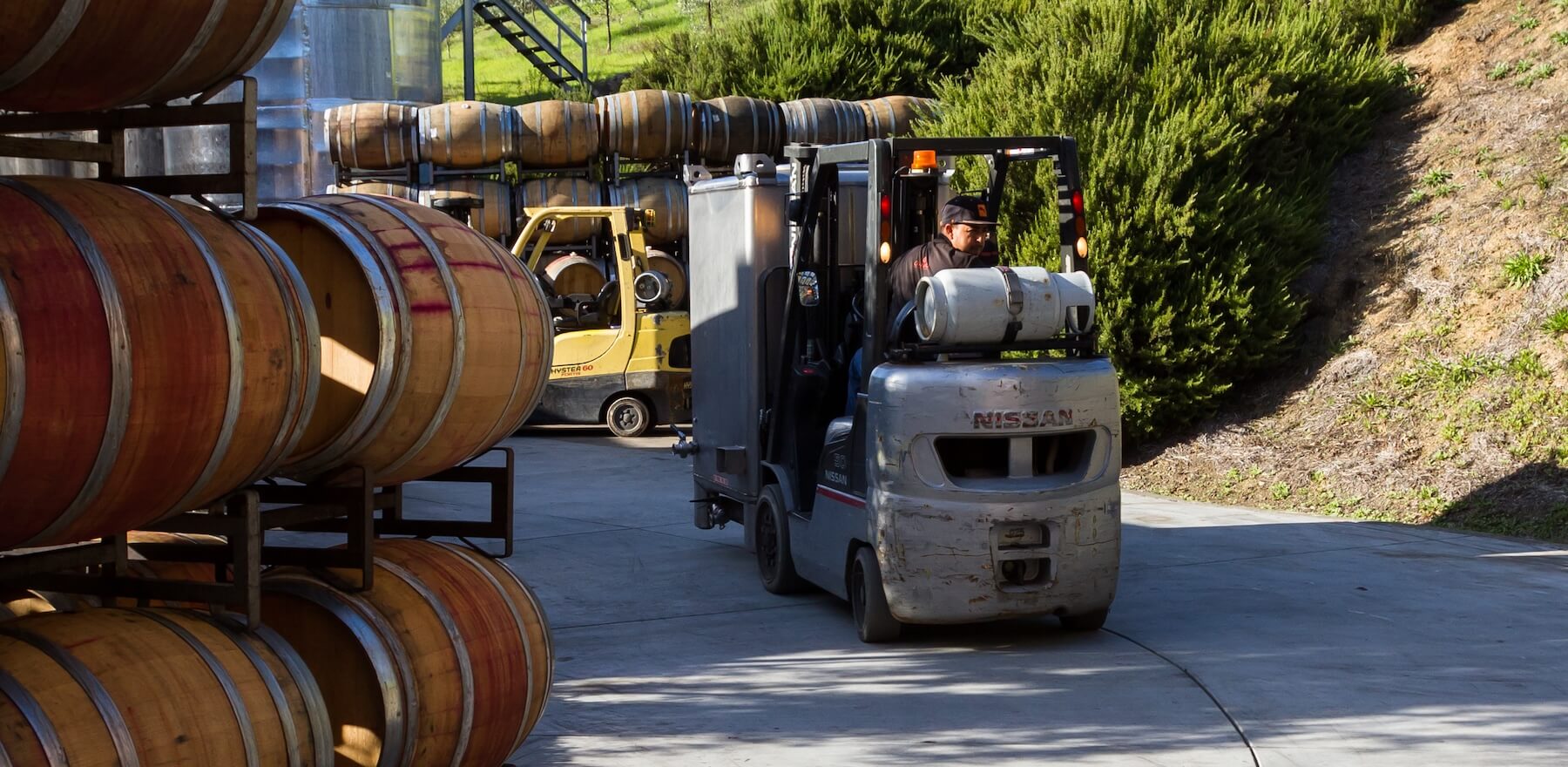In the beverage industry, the three-tier distribution system has long been both a safeguard and a challenge. Designed to regulate alcohol distribution in the United States following Prohibition, alcoholic beverages are required to pass through three distinct entities before reaching consumers: producers (tier 1), distributors (tier 2) and retailers (tier 3).
This structure aims to prevent monopolies, streamline tax collection and manage alcohol consumption responsibly. However, the system poses particular hurdles for small beverage producers, especially those struggling to compete with more prominent, established brands.
Understanding the Three-Tier Distribution System and Its Challenges
The three-tier distribution system was established to protect each stage of the beverage supply chain. In most states, producers are prohibited from selling directly to retailers or consumers, ensuring that products pass through a distributor and a retail outlet.
While this system provides oversight and accountability, it limits the flexibility of small producers who often operate with limited resources and smaller production volumes. Small producers face challenges that include:
- Market access limitations: Small brands struggle to get distributor attention, as distributors often prioritize more prominent brands with high sales volumes.
- Cost overheads: The requirement to work with distributors and retailers adds additional costs that can cut into profit margins, which is particularly taxing for smaller producers.
- Administrative complexity: Complying with different state laws, tracking inventory and reporting sales can be burdensome and time-consuming, especially for small teams.
Breweries are significantly impacted by the restrictions on direct-to-consumer (DtC) beer sales in many states, which limit their ability to sell directly to customers. Despite these limitations, the system has gradually changed, with small beverage producers advocating for greater autonomy and flexibility.
Recent Legal Developments and Legislative Shifts
Several current legal cases and legislative changes illustrate the evolving nature of the three-tier system, showing a trend toward greater flexibility in distribution practices. These cases and new laws aim to level the playing field for small beverage companies, allowing them to access broader markets and connect more directly with consumers.
- Iowa’s direct-to-retail sales ruling: A U.S. district court ruled
Iowa’s law allowing in-state wineries to sell directly to retailers while barring out-of-state wineries from doing the same to be unconstitutional. This ruling set a precedent that challenges state laws discriminating against out-of-state producers, potentially opening the door for more equitable distribution practices. - New York’s DtC law for spirits and cider: In August 2024,
New York signed a law permitting small distilleries and cideries to ship products directly to consumers—a privilege historically reserved for wineries. This law grants smaller producers new channels for market access, helping them compete more effectively and build brand recognition without relying solely on traditional retail distribution.
These legislative shifts show a gradual but meaningful move toward greater flexibility. Advocates for DtC sales continue pushing for laws like the USPS Shipping Equity Act, which would allow the USPS to ship alcohol, providing small producers with more affordable shipping options.

How Beverage ERP Software Supports Small Producers in the Three-Tier System
While regulations and laws continue to shift, beverage-specific ERP software is a powerful tool that empowers small producers to navigate the three-tier distribution system better. By consolidating various business functions onto a single platform, beverage ERP software simplifies complex processes, ensures compliance and enhances overall efficiency.
Here’s how beverage ERP software helps:
- Demand planning and production forecasting: Accurate forecasting is essential in the beverage industry, where seasonality, consumer trends and market demands fluctuate dramatically. ERP software provides data-driven insights into demand trends, enabling producers to plan production volumes accordingly. This minimizes waste, optimizes resources and ensures that producers can meet demand without overextending themselves.
- Inventory management: Managing inventory efficiently is crucial in a distribution system that limits direct sales. Beverage ERP systems provide real-time tracking of stock levels, warehouse locations and shelf life, helping producers avoid stockouts or overstocks.
- Delivery route optimization: While small producers may rely on distributors for broader distribution, they often manage some direct deliveries, such as to tasting rooms or local events. ERP software can optimize delivery routes to reduce fuel costs and improve delivery efficiency, helping producers make the most of their distribution network.
- Purchasing and vendor management: Managing vendor relationships and procurement efficiently can be challenging in the beverage industry, where raw materials must meet specific quality standards. ERP software helps producers monitor supplier performance,
streamline purchasing and control procurement costs, ensuring a smooth and reliable supply chain. - Financial reporting and compliance: Compliance is non-negotiable, given the strict regulations around alcohol distribution. Beverage ERP software has built-in compliance management tools and helps producers maintain accurate records for reporting to regulatory bodies. Automated financial reporting further ensures accuracy and reduces the administrative burden of manual record-keeping.
- Customer order management and relationship building: Small producers must build relationships with retail customers, especially boutique stores and specialty shops. ERP software provides tools to manage customer orders efficiently, track order history and analyze purchasing trends. This insight can inform targeted marketing and loyalty programs that strengthen these relationships.
- Unified data for greater visibility and insights: ERP software centralizes data across production, inventory, sales and financial departments, providing small producers a comprehensive view of their operations. Beverage companies can leverage real-time insights to make strategic decisions to improve operational efficiency and support growth.
For example, Crafted ERP offers specialized tools for beverage producers to streamline production, inventory and sales processes. By unifying data and processes, Crafted ERP empowers producers to make informed decisions to drive growth and maintain compliance with the three-tier system.
Advocating for Legislative Change: Supporting the Future of Beverage Distribution
ERP software helps producers navigate the current regulatory environment, but small producers also advocate for legislative changes that allow more direct access to consumers. With the rise of DtC sales for spirits and cider, small producers are hopeful that beer and other alcoholic beverages will eventually gain similar flexibility. Legislative changes like the USPS Shipping Equity Act could reduce shipping costs, simplify logistics and provide a more level playing field.
Many small producers have also turned to alternative retail models, such as opening taprooms or tasting rooms, to connect with consumers directly. These spaces allow them to build brand loyalty, gather valuable customer feedback, and establish a local presence—all of which can increase sales through traditional distribution channels as brand recognition grows.
Leverage Beverage ERP for a Competitive Edge in the Three-Tier System
Modern ERP solutions offer scalability, flexibility and accessibility that on-premises systems can’t match. Cloud-based ERP systems provide several advantages, including:
- Remote access and real-time data: Teams can access data from any location, allowing seamless collaboration and decision-making.
- Scalability: As a small producer grows, cloud-based ERP can scale with their business, adding new features or adjusting capacity to meet evolving needs.
- Reduced IT costs: Cloud ERP systems eliminate the need for costly IT infrastructure, allowing producers to invest their resources in core business activities.
The flexibility of cloud-based beverage ERP software means small beverage producers can adapt quickly to market changes or legal updates, positioning themselves competitively even in a regulated environment.
Navigating the three-tier distribution system doesn’t have to be a challenge in an industry that continues to see regulatory shifts. With the right beverage ERP software, you can streamline operations, manage compliance and unlock new growth opportunities.





